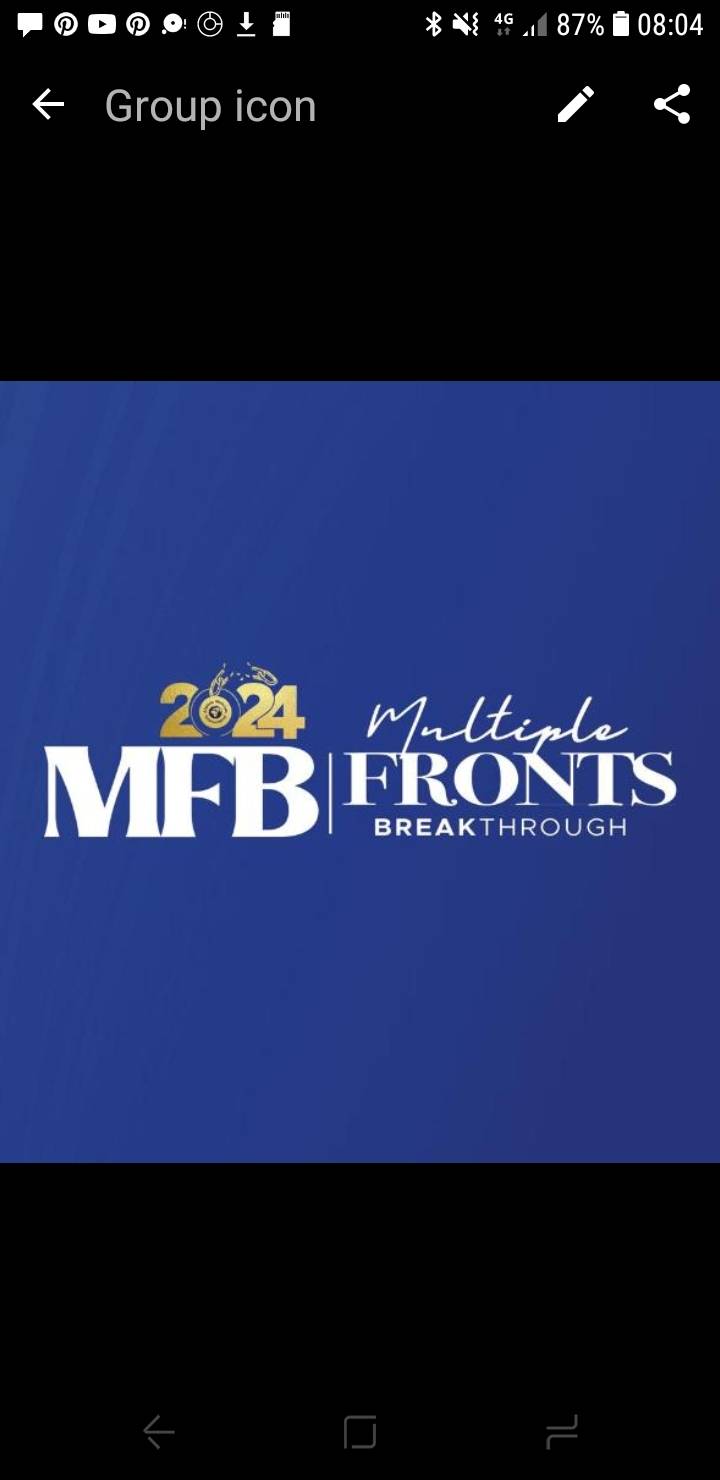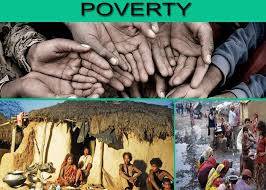Poverty, in its essence, stands as a symbol of societal failure, a malaise that has infiltrated communities across the globe, yet often lurks in the shadows of public attention. The notion of branding poverty as "illegal" beckons a profound shift in perspective, a call to action to dissociate from its insidious grasp. In a world where legal boundaries delineate permissible actions, the notion of aligning oneself with an illegal entity—such as poverty—sheds light on the dire need for collective action and systemic change.
To associate with poverty is to harbor a societal epidemic, a contravention of the innate human rights and dignity that every individual deserves. The lawlessness of poverty resides not in its victims but in the systems that perpetuate its existence. Poverty, when deemed "illegal," confronts society with the urgency to rectify systemic injustices and bridge the chasm of inequality.
The association with poverty is more than a mere encounter with financial destitution. It implicates a collusion with a cycle of despair, limited opportunities, and denied access to fundamental resources. Just as one steers clear of illegal activities, refraining from affiliating with poverty means fostering a society that cherishes equity and inclusivity.
The criminalization of poverty necessitates a reevaluation of societal structures. It demands policies that uplift the marginalized, economic systems that prioritize fair distribution, and educational paradigms that offer equal opportunities. The battle against poverty cannot solely rely on charitable acts; it necessitates systemic reforms and a collective commitment to reshape the very fabric of our societies.
Individual responsibility in shunning this 'illegal' entity manifests through advocacy, empathy, and conscientious decision-making. It beckons individuals, communities, and governments to recalibrate their priorities, diverting resources towards eradicating the roots of poverty rather than merely addressing its symptoms.
The stigma associated with poverty exacerbates its clandestine nature. Just as society ostracizes illegal actions, stigmatizing poverty perpetuates a cycle of shame and silence. By reframing poverty as an unlawful entity, the narrative shifts towards holding systems accountable rather than blaming individuals entrapped within its grasp.
Conclusively, the declaration of poverty as "illegal" invites a paradigm shift—a call for unity, for systemic reforms, and for a global commitment towards a future where the illegality of poverty becomes a relic of the past. To dissociate from poverty is not only an ethical imperative but a testament to the collective consciousness aspiring towards a more just, equitable, and compassionate world.
Let's everyone fight poverty arganisations, communities, politics and churches.




No comments yet
Be the first to share your thoughts!